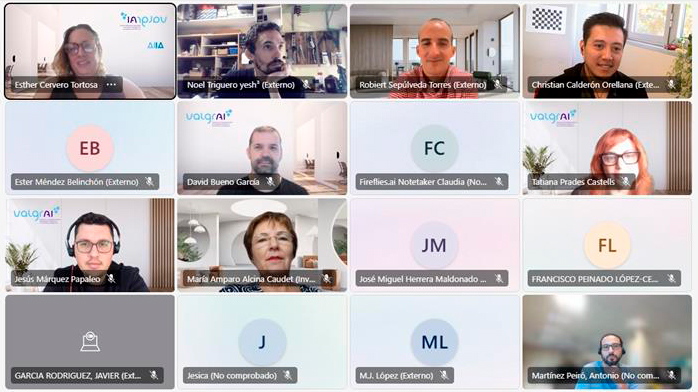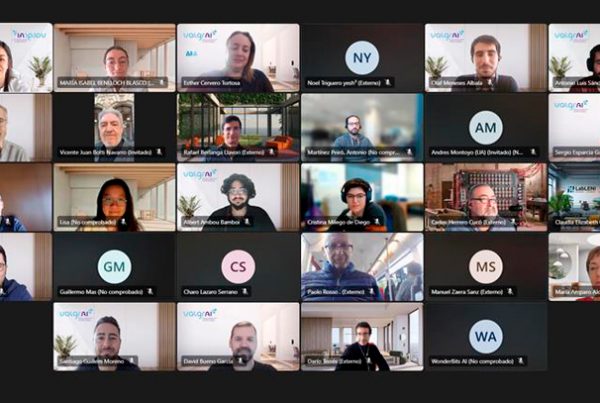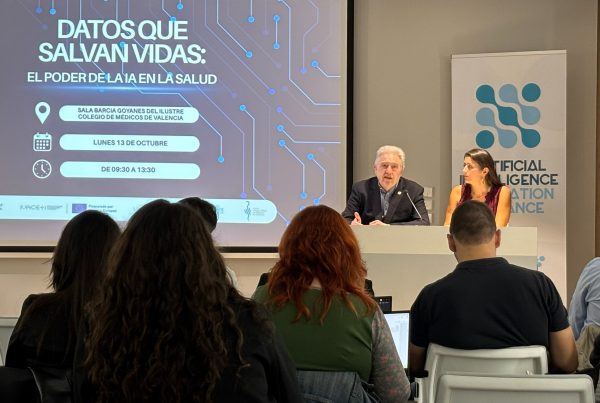1. ALIA: public artificial intelligence infrastructure in Spanish and co-official languages
Speaker: Robiert Sepúlveda Torres
Summary:
Robiert Sepúlveda presents ALIA, a pioneering initiative in the field of Artificial Intelligence within the European Union. With a transformative approach, Sepúlveda explains that ALIA aims to provide public infrastructure for AI resources, including open and transparent language models, that are accessible to all.
One of the fundamental pillars of the project is to strengthen the presence of Spanish and co-official languages (Catalan, Valencian, Basque, and Galician) in the international development and application of AI. This commitment to linguistic diversity not only promotes inclusion but also ensures that emerging technologies reflect the cultural and linguistic richness of the territory. In addition, Sepúlveda highlights that ALIA is designed to facilitate the adoption of these resources by European companies, ensuring compliance with EU regulations on Artificial Intelligence.
2. Cognitive Digital Twins for Sustainable Mobility
Speaker: Christian Calderón Orellana
Summary:
Christian Calderón Orellana presents a revolutionary proposal to address the challenges of urban mobility: Cognitive Digital Twins. During the presentation, Calderón emphasizes that tomorrow’s urban systems must not only simulate infrastructure but also understand and anticipate human behavior.
The proposal is based on a new generation of urban models that integrate multi-agent simulation with reasoning using generative Artificial Intelligence. These digital twins incorporate cognitive agents based on language models (LLMs), capable of learning, remembering, reflecting, and making adaptive decisions based on their environment. Equipped with memory, identity, and the ability to reflect, these agents allow plausible human behaviour to be simulated within virtual urban environments.




